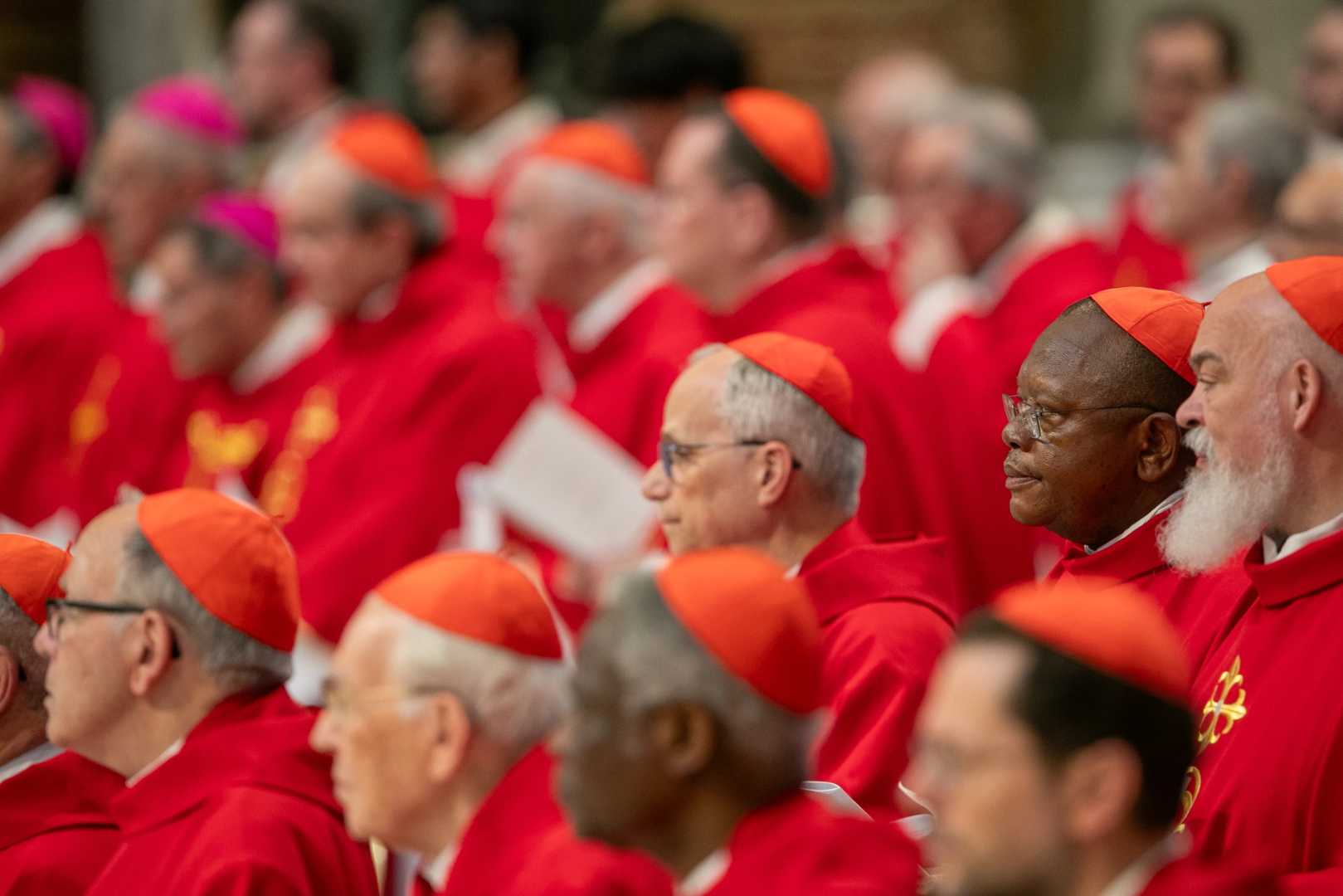News
Cardinals Prepare for Unpredictable Conclave After Pope Francis’ Death

VATICAN CITY — The College of Cardinals is convening for a conclave to select a new pope following the death of Pope Francis, who passed away during funeral rites earlier this week.
As of now, 132 cardinal electors, all under 80 years old, will meet at the historic Sistine Chapel on May 7 to cast their votes for Francis’ successor. This conclave will be notably diverse, with 80% of the cardinals selected by Francis, making it challenging to predict their decisions.
Compared to the 2013 conclave, when Francis was elected, the current group reflects a broader global perspective. This conclave will mark a historic moment as fewer than half of the voting cardinals are European, highlighting a shift in the demographics of the Catholic Church.
Experts have noted that this conclave is expected to be the most complex yet. “There’s a very complicated international situation which affects different cardinals, different local churches in different ways,” said Massimo Faggioli, a Villanova University historian.
Among those expected to be influential are Cardinal Pietro Parolin, the current Secretary of State for the Vatican, seen as a frontrunner for the papacy, and Cardinal Luis Antonio Tagle from the Philippines, who is viewed as “the Asian Francis” and may appeal to the vast Catholic community in Asia.
Others include Cardinal Fridolin Ambongo from the Democratic Republic of Congo, who is a strong advocate for the Church in Africa, and Cardinal Peter Turkson from Ghana, long considered a potential African pope.
Cardinals will debate and ultimately vote until a candidate secures the backing of two-thirds of the electors, a process described as intense due to the potential for factional divides among the diverse group.
The countdown to the conclave not only underscores the significance of the moment in church history but also the expectations and responsibilities resting heavily on the cardinals’ shoulders. “It’s an enormous responsibility…and a great tension that is on you,” said Kurt Martens, a canonical law expert.
The convocation of cardinals carries the weight of tradition, yet the influence of a new global reality in Catholicism will undoubtedly shape the direction of the Church moving forward.












